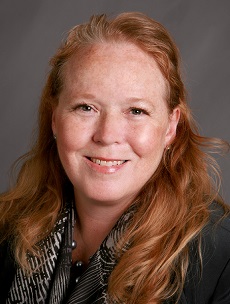
Managing patients with multiple chronic health conditions can be challenging. Adding to that challenge, research shows that the way healthcare has traditionally been delivered to these patients –treating each condition individually—doesn’t work well. This “sick-care” approach often leads to inefficient, fragmented, and low-quality care for patients. Research also shows that these individuals—who may be referred to as complex patients or people living with multiple chronic conditions (MCCs)—are more likely to have social needs that complicate their health conditions.

Lucy Savitz
With one in three adults in the U.S. living with MCC, the federal Agency for Healthcare Research and Quality (AHRQ) recognized the need to provide evidence in supporting optimal healthcare for these individuals. AHRQ invited CHR Director Lucy A. Savitz, PhD, MBA, to join a planning group that led to a new AHRQ research agenda in caring for people with MCCs.
New Paper Highlights Emerging Care Models
Dr. Savitz along with Dr. Elizabeth Bayliss were tasked with examining available evidence on high value models for caring for people with MCCs. Their paper, “Emerging models of care for individuals with multiple chronic conditions,” was one of three papers that were commissioned by AHRQ and published in a recent Health Services Research Special Issue: The Science of Care for People with Multiple Chronic Conditions.
The papers were used to inform AHRQ’s new research agenda for this group of complex patients, which is also published in that issue. The research agenda acknowledges the daunting task of improving care for these individuals, but asserts that researchers can “generate the evidence to make progress.”
The three papers will be presented along with AHRQ’s research agenda in an upcoming webinar on November 18, 2021. More on the webinar can be found here.